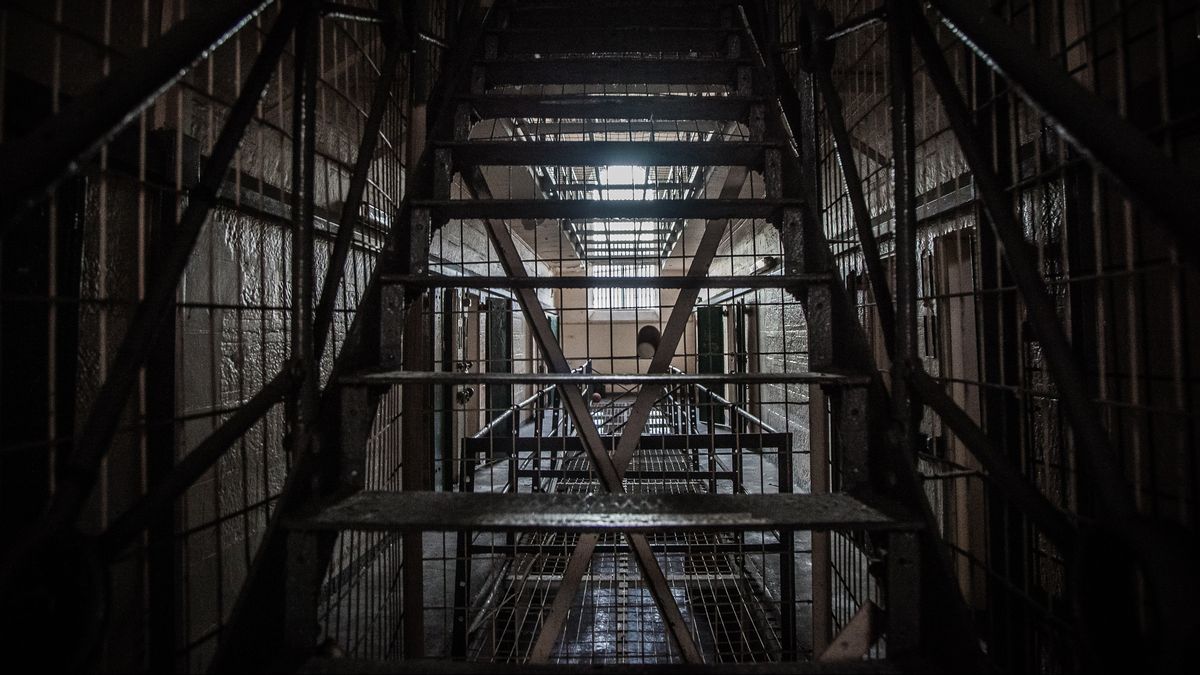JAKARTA - The rapid spread of COVID-19 has demanded that governments in world countries make policies quickly. Apart from the lockdown, several countries decided to make other extreme policies, namely releasing prisoners. The release of prisoners is carried out to break the chain of transmission of the virus, which is prone to occur in large crowds.
Iran became the first country to make this policy. On March 9, it was reported that Iran has temporarily released about 80,000 prisoners to suppress the spread of the coronavirus in prisons. This was conveyed directly by the local judicial authorities.
The head of the court, Ebrahim Raisi, said the release of prisoners would continue to a point where it did not create a sense of insecurity in the community, according to Reuters on Thursday March 26. Raisi did not provide further details or specify when those released should return to prison. Previously, there were also cases of prisoners in Iran infected with COVID-19.
"Recent reports indicate that the COVID-19 virus has spread inside Iranian prisons," said Javaid Rehman, special rapporteur on human rights in Iran during a meeting in Geneva on Monday 9 March.
The most populous area in Germany, Rhine-Westphalia, on Wednesday March 25 also carried out a similar action. The government announced that it would release a thousand prisoners near the end of their sentences. All detainees were released, except for the perpetrators of sex crimes and violent crimes.
The aim of the German authorities in carrying out the release of prisoners is to make the cells more spacious so that the creation of a quarantine area for prisoners is easier. The quarantine is carried out in prisons, given the strict confinement of every prison facility and the easy spread of the virus.
In Canada, a thousand prisoners in Ontario were released last week. The lawyers are working with prosecutors to release more prisoners from provincial prisons by speeding up bail checks. "The concern is that prison terms are potentially a death sentence for those who are there," said Daniel Brown, a lawyer in Toronto.
United States (US) followed suit. The New Jersey state plans to temporarily release about a thousand low-risk prisoners. An independent watchdog agency in New York also asked the mayor to release about two thousand prisoners.
Britain, Poland and Italy, are also preparing to make similar policies. Authorities have promised to closely monitor released detainees to ensure a surge in crime or social unrest does not occur.
"The longer this goes on and the sadder the situation is. It could lead to bolder decisions that lead to the release of more violent or more dangerous criminals," said Keith Ditcham, UK senior investigator for organized crime and police.
Not all prisoners are free
In some countries, prisoners have to face the fear of spreading COVID-19. Venezuela, for example.
Human rights groups are concerned about the spread of COVID-19 in prisons of 110,000 people. Not to mention that the prison conditions are not necessarily clean which is certainly very unsanitary.
In Bogota, Colombia, prison riots have occurred because prisoners are afraid of catching COVID-19. The riot left 23 prisoners and dozens injured. Similar riots also took place in Italian and Sri Lankan detention.
This policy certainly leaves a dilemma for the authorities. Because the release of course also brings new problems, namely to regulate as much as possible so that the criminal rate does not increase or to calm the surrounding community that even though they are released, the authorities will ensure that the community will be all right.
The English, Chinese, Japanese, Arabic, and French versions are automatically generated by the AI. So there may still be inaccuracies in translating, please always see Indonesian as our main language. (system supported by DigitalSiber.id)












